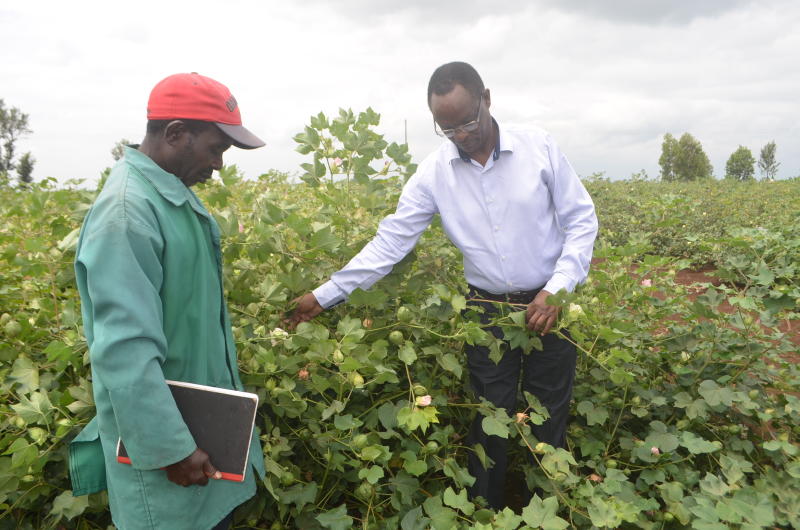×
The Standard e-Paper
Fearless, Trusted News

After nearly two decades of waiting, farmers will from April start growing Bt cotton commercially.
Once the project takes off, it is expected to spur economic development by creating jobs in the dormant textile sector and free Kenyans from dependency on second-hand clothes (mitumba), according to Charles Waturu, principal researcher of the crop variety.